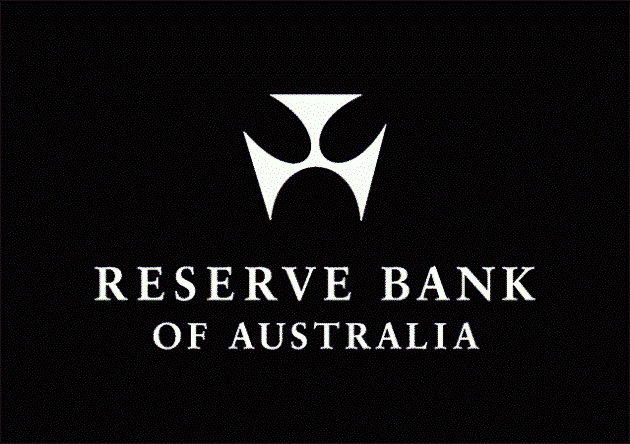The Reserve Bank of Australia announced its decision keep interest rates at 1.50% at its meeting on Sept. 4. The main points of the interest rate are as follows:
- The global economy continues to grow.
- The pace of growth of many advanced economies is accelerating.
- Unemployment rates have stabilized at low levels.
- China's economic growth slowed somewhat.
- Policymakers are becoming more concerned about risks in the financial sector and sustaining growth.
- Inflation remains stable at low levels globally, despite rising in some countries.
- The trend of global trade and policies in the United States is one of the reasons for the high uncertainty about global aspirations.
- Monetary policy is still expansionary although it has gradually become less in some countries.
- The value of the US dollar rose significantly.
- The Australian economy is expected to grow at an average of 3% or slightly higher in 2018 and 2019.
- The economy grew more than expected in the first half of the year.
- Labor market conditions improved.
- Non-commercial business investments have increased.
- Stronger export growth is expected.
- Among the sources of persistent uncertainty are expectations for household consumption.
- Household income is growing slowly and debt levels are high.
- Rising commodity prices have contributed to the strengthening of national income recently.
- The terms of trade may fall over the next few years.
- The Australian dollar is still within the range it has been in the past two years.
- Growth has significantly increased participation rates in the labor market sector.
- The outlook for the labor market remains positive.
- Unemployment fell to a six-year low of 5.3%.
- A further gradual decline in the unemployment rate is expected in the next two years to about 5%.
- The dominant weakness of wages is likely to continue for some time.
- Inflation rates are around 2%.
- The bank expects to gradually increase during the years 2019 and 2020.
- Inflation this year may grow by about 1%.
- House prices rose significantly in Sydney and Melbourne.
- More stringent credit measures and standards have helped contain the risk of accumulation of risks in the household budget.
- Household debt remains stable at historic highs.
- Stability of interest at low levels supports economic growth.
- The current easing monetary policy supports economic growth and rising inflation to the desired proportions.
